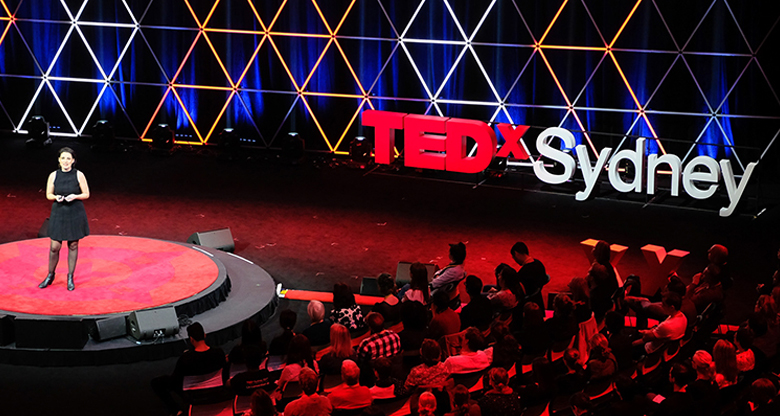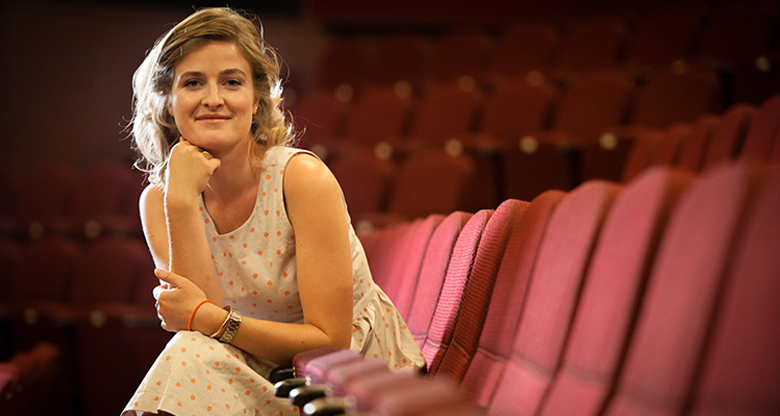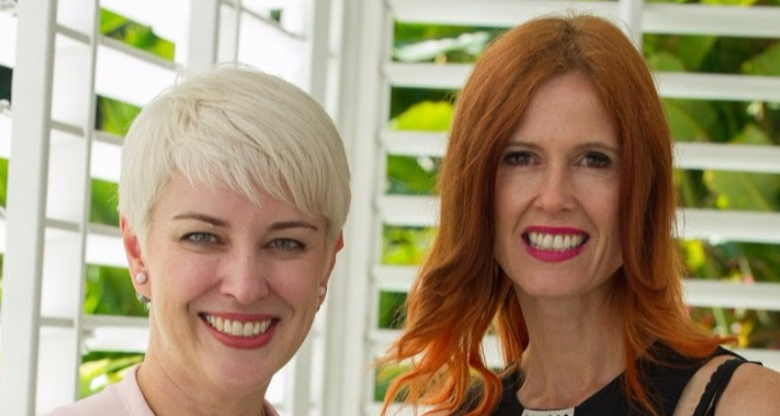Whether you are hosting an intimate speaker session, a gala dinner or a full-blown conference, a strategic approach is required in order to run a successful event.
Just ask General Manager and Head of Operations at TEDxSydney, Susan McMahon, who plays a key role in bringing one of Sydney’s most celebrated annual events to life. “There is no typical work day, except that each day is fast-moving and energising,” Susan says of the lead-up to the event. “There are constant conversations with vendors, team members and partners as we piece together the different elements of the event, and push the envelope on what we can accomplish together.”
Here, Susan shares some insights on just what it takes to put on an event like TEDxSydney, including some key considerations for those who are planning to host a work-related event of their own.
1. Goals and objectives
Before you start planning, Susan recommends taking time to establish the overarching purpose and objectives of your event. “Knowing your goals and objectives for the event, communicating this to your team members and keeping this vision in sight with each decision is critical to creating a cohesive event and delighting your audience,” she says.
Consider why you are hosting the event and what you want to achieve. In the case of TEDxSydney, the overarching goal is to spread ideas and expose attendees to innovative ways of seeing the world. “When we are faced with a decision about the event, we revisit these goals and try to ensure that what we are doing will surprise our audience with something new,” Susan says.
2. Team work and tasks
Team work plays a critical role in bringing polished events to life – especially if you are engaging remote employees or volunteers. “TEDxSydney is run almost entirely by volunteers, so communication for us is paramount,” Susan says. “We use a cloud-based set of team collaboration tools to keep our diverse team connected,” she says. “Having group chat capability is very useful for having quick conversations and making quick decisions.”
Establishing a running order of all tasks (and delegating strategically) will help you to ensure everything is covered off in the lead up to the event. Some tasks, for example, booking an external venue or securing guest speakers, will need to be completed well in advance, while other details may be taken care of closer to the time. In the case of TEDxSydney, it takes a team effort to ensure everything is on track. “It’s uplifting to watch the team pull it all together,” Susan says.
3. Partners and sponsors
Engaging partners or sponsors for your event can be mutually beneficial for both parties, but ensuring that they align with your objectives is key. “Find partners that align with the goals and objectives for the event and your organisation’s ethos,” Susan suggests. “Having partners with shared values and goals will make the partnership more authentic and resonate more with your audience.”
4. Budgeting
Creating and sticking to a budget is a necessary part of planning any event, but for non-profit organisations like TEDxSydney, this is especially important. “Creating a realistic, detailed budget early is critical, as is revising that budget and its underlying assumptions regularly,” Susan says. “This includes both revenue assumptions and spending expectations,” she says.
Being able to allocate available funds strategically is also crucial. “Knowing what spend items are non-negotiable (i.e., how each item relates to your goals and objectives) will help you make decisions on how to allocate available funds in the best way possible,” Susan says.
5. Run sheet and run-through
Ask any event planner what their must-have item is on the day of an event and chances are they will tell you: ‘The run sheet’. In the case of TEDxSydney, the run sheet is highly detailed and covers every element of the event – from rehearsals, deliveries and set-up activities to the ‘talks’ themselves. “Your run sheet allows you to map out the timings for each area and gives you a chance to plan the flow of the event,” Susan says. “Including both on-stage and off-stage activities will help you reduce the possibility of unanticipated activities that could upset the flow on the day,” she says. “For the stage, having at least one run-through is also important, to help you keep to time and adjust transitions where necessary.”
6. Preparing to pivot
While it is critical to have a plan, Susan stresses it’s even more important to know when and how you can deviate from that plan where necessary. “Be mentally prepared for challenges, because they will come, and be receptive to new ways of doing things,” she advises. “Keep your mind open to new ideas too – you never know what will make your event even better.” On the flipside, having a risk management plan in place will help you ensure your event can be adapted quickly as issues arise.
7. Evaluation and iteration
Compiling a report or post-implementation review (PIR) after your event will help you evaluate the success of your event, as well as recognise any elements that could be improved upon for future events. “It’s important to identify your measure(s) of success early, so that you can design effective methods and mechanisms for collecting the appropriate data for reporting,” Susan says. “The metrics need to be planned well in advance of your event, including what you will measure, and how and when you will measure it.”
Sign up to the Women in Focus newsletter for updates on our community and events, and more content like this.




